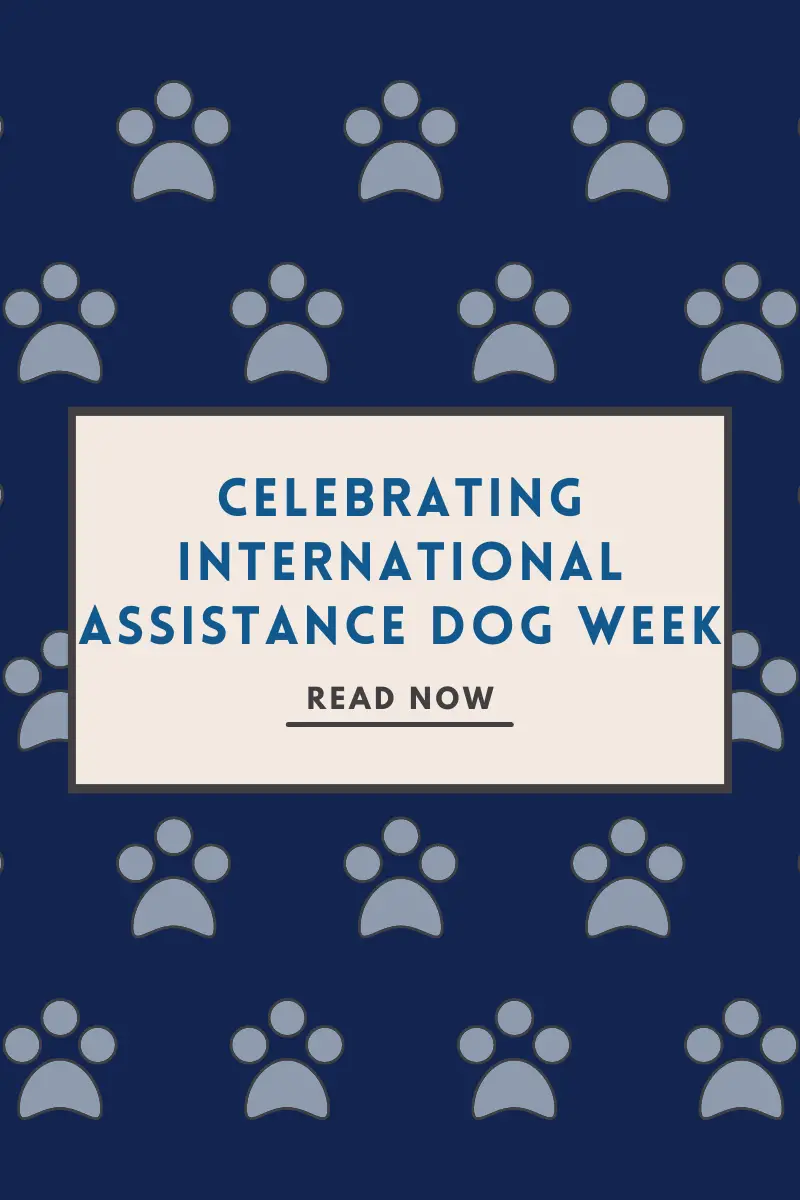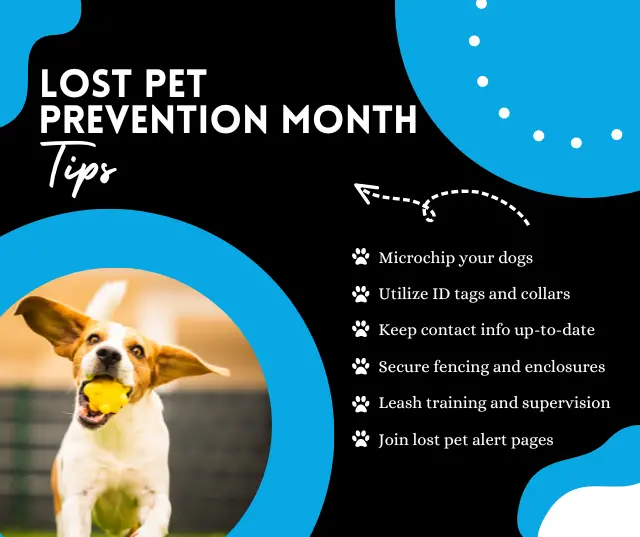A cat’s luminous eyes are among its most distinctive features—but sometimes those famously keen orbs run into problems. Cataracts, an injury, diseases, or hypertension can all lead to impaired vision or even blindness in some cats over the course of their lives.
While these blind cats still make loving companions, they do need a bit more care and attention. Whether you’re adopting a cat who is already blind, or your longtime pet recently lost her vision, there are simple steps you can take to ensure that she still has a safe, fulfilling and low-stress life.
How to Tell If a Cat is Blind
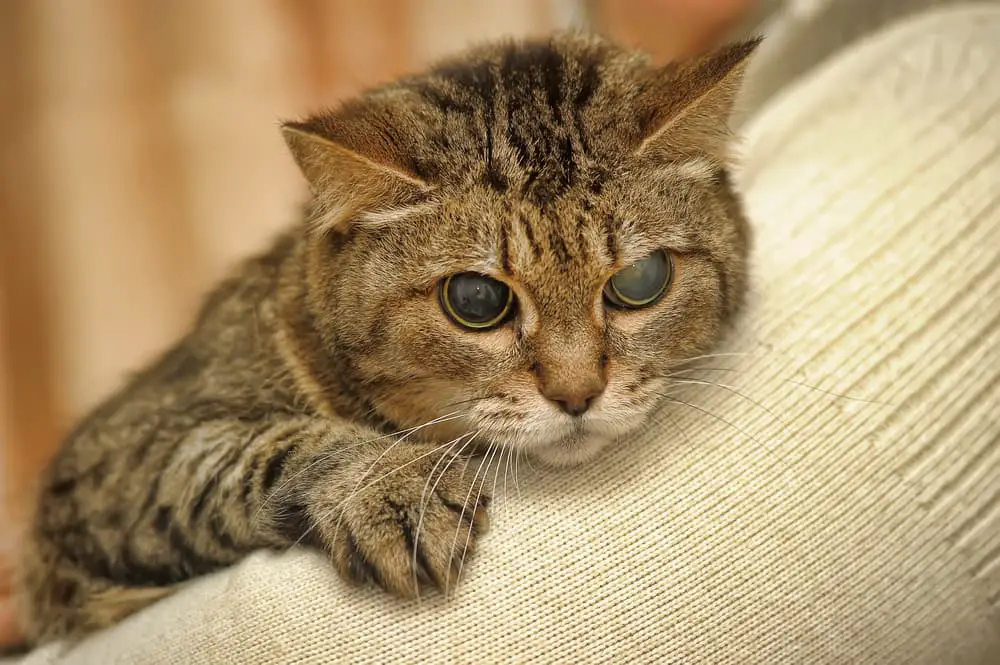
“Signs of vision loss in cats can be quite subtle or significant, depending on the onset of the vision loss,” says Dr. Brad Holmberg, a board-certified veterinary ophthalmologist at the Animal Eye Center of New Jersey. Cats whose vision loss sets in gradually often adjust well enough that their pet parents don’t notice something is amiss until the cat is in a new environment. A sudden loss of vision is more obvious: you’ll probably notice your cat is bumping into things around the house.
Cats with vision issues tend to be more apprehensive and walk slowly and low to the ground, Holmberg says. Sometimes they keep their legs spread wide, and sometimes they stick out their necks so their whiskers can help them sense their surroundings. “They tend to be more cautious,” he adds, “especially when jumping down from a height.” And they may also become less active and start spending more time alone.
According to Holmberg, a blind cat’s pupils may be widely dilated. Their eyes might have a bright yellow, orange, or green sheen to them, or they may look white or bluish and cloudy, or take on a dark red color. One or both of a vision-impaired cat’s eyes may also look enlarged.
Causes of Blindness in Cats
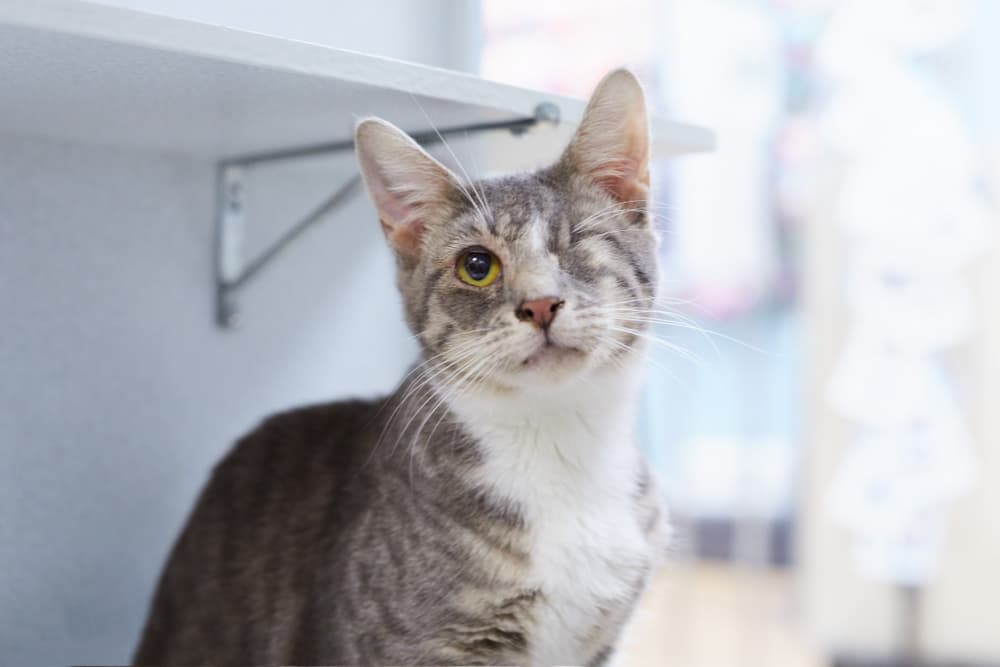
Just like people, some cats are born blind or go blind right after birth—but Holmberg says neither is very common. More often, older cats lose vision due to cataracts, glaucoma, or chronic high blood pressure.
Other possible causes include scarring from a previous injury, excess fluid in the cornea, and inflammation from a corneal ulcer or virus. Infectious diseases such as FeLV, FIV, and toxoplasmosis can also result in damage to a cat’s eyes, as can cancer, inherited degenerative disease, or optic nerve inflammation.
How to Care for a Blind Cat
“Unlike dogs, cats need relatively little changes in the home when they lose vision,” Holmberg says. Still, if you notice a change in your cat’s sight, he recommends seeing a veterinarian as soon as possible. That’s because while some causes of vision loss can’t be reversed, others can—or can at least be improved—if they’re caught early enough. (In fact, he says that half of cats who lose vision due to hypertension can actually regain sight if they’re treated early on.)
Once you’re clear on the root cause, you can start thinking about any necessary changes at home. Blind cats “tend to adapt very well using their other senses—especially smell, touch, and hearing—and usually very little needs to be done to help them adapt,” Holmberg says.
He suggests keeping their environment as stable and predictable as possible—this isn’t the time to redecorate, change their food dish location, or rotate furniture. He also recommends keeping at least two litter boxes on each floor of the house.
“Cats tend to memorize their surroundings, and will use their sense of smell to find the litter box as well as food and water areas,” he says. “I always tell my clients that cats tend to have a sixth sense and use it to navigate when visually impaired.”
For cats who are still struggling to adapt, Holmberg suggests creating more opportunities for smell and texture cues. Soft surfaces like rug runners can be especially useful in helping a blind cat re-orient herself when moving through the house, since they soak up scents and also show her a change in texture.
“Cats that have acute vision loss can be quite apprehensive, cautious, and disoriented,” Holmberg says. “All of this can lead to negative behaviors.” Your formerly peaceful pet may begin peeing outside the litterbox, fighting with other cats in the house, or even becoming aggressive with family members. Holmberg says most of this behavior will improve over time, as your cat adapts to her new reality.
In the meantime, he recommends creating a safe area where your cat can go to be away from any other pets. “You can probably imagine that if you couldn’t see and another cat or dog jumped on you, it could be quite surprising and disturbing,” he says.
The advice above also applies if you’re adopting a cat who is already blind, according to Holmberg. Start by creating a quiet, safe room or space where the cat can feel comfortable. Along with the basics, include a brand-new scratching post and some of your worn clothing. Spend time talking and petting her, but don’t rush or force the relationship. Once she is comfortable, you can start introducing the rest of your home, ideally one floor at a time.
“Returning them to their [original] room when you leave is a good idea in the beginning, as then you’ll know they’re safe,” Holmberg says. “You may also want to close doors to rooms that are not frequently used, or ones that have too many hiding areas.”
When introducing a blind cat to new people, “remind them that the cat is blind, and to talk to the cat and move slowly before trying to pet the cat,” Holmberg says. “This is especially important with kids, as a startled cat could fear bite or scratch.”
5 Best Products for Blind Cats
Help your blind cat live a calm, happy, and enriched life, with the following products designed to keep your cat calm and engage their other senses.
The Anxious Pet Organic Hemp Oil for Cats
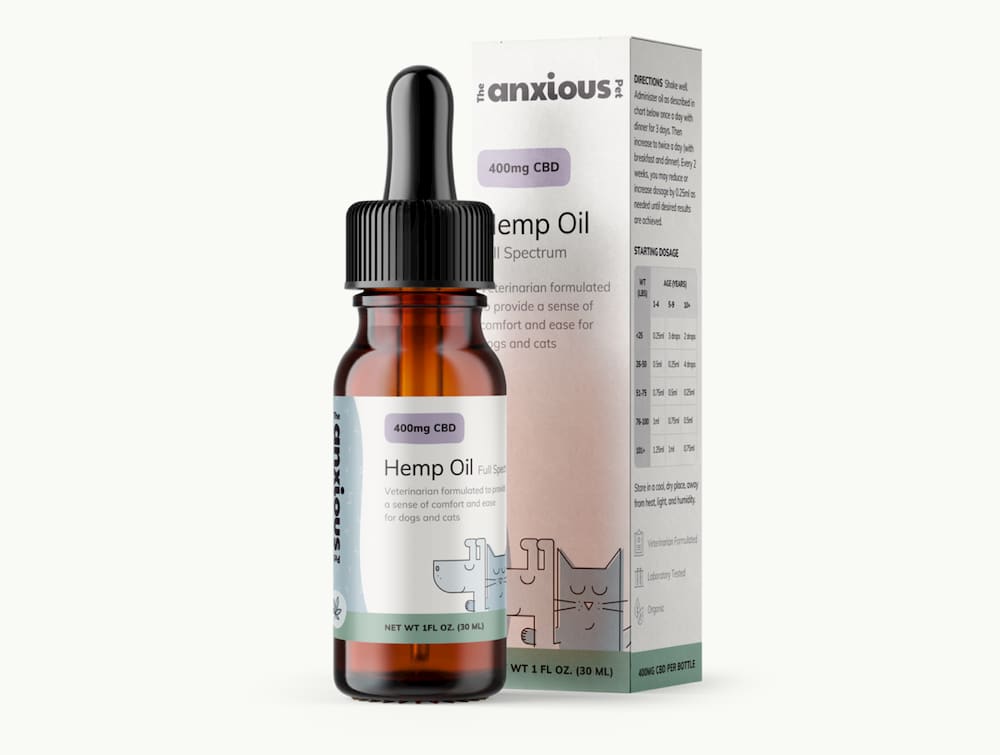
Hemp oil formulated with CBD can help some anxious felines to destress and stay calm, which is perfect for cats who have lost their vision and are trying to figure out how to navigate the world around them. We like the hemp oil from The Anxious Pet because it’s dose-appropriate for cats, formulated by a veterinarian, and third-party tested for safety and efficacy.
Feliway Optimum Calming Diffuser for Cats
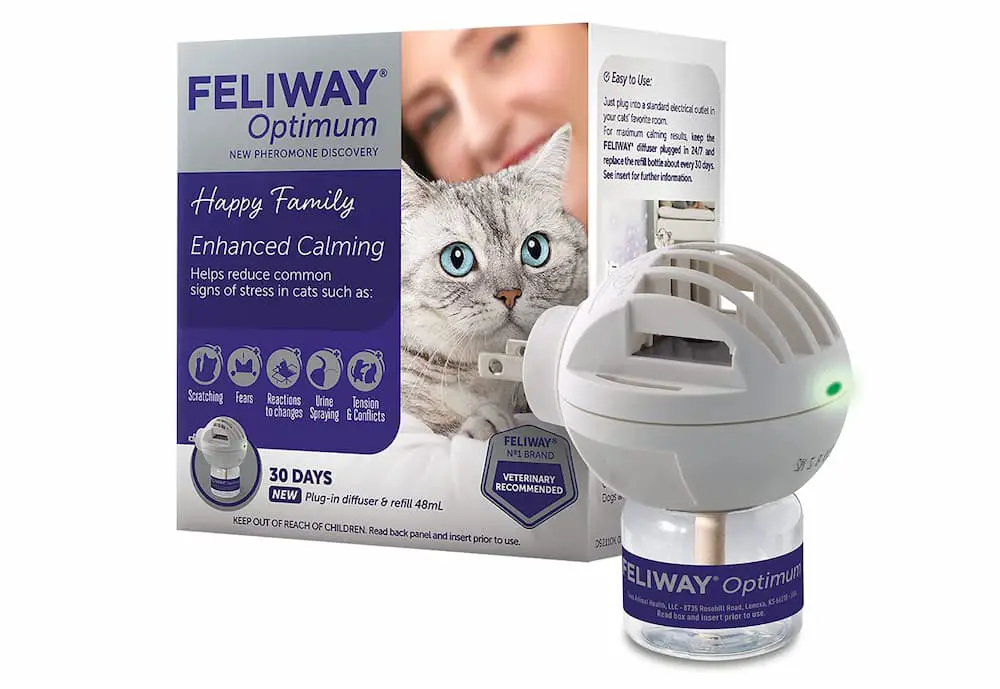
Pheromones can help reduce stress in cats, and cats who suddenly lose vision may become more anxious. That’s why many pet parents to blind cats opt for calming pheromone diffusers. Feliway is a popular choice and can help reduce anxious behaviors like marking and scratching furniture. This pack comes with a 30-day supply and refills are easy to buy and use.
Frisco Mythical Mates Dragon Crinkle Cat Toy
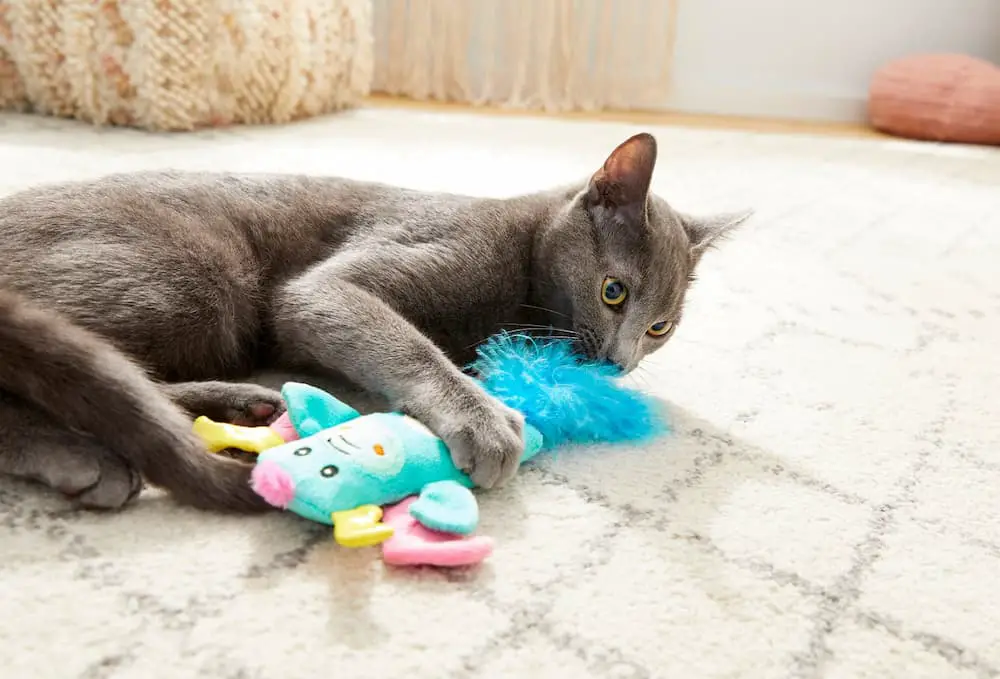
Crinkle toys or toys with bells are a great option for blind cats, since they can rely on their other senses at playtime. We like this crinkle option from Frisco. It’s a great size for cats to grab onto and the crinkle sound will entice a cat that is visually impaired. Plus, it’s made with USA-grown catnip for an extra thrill.
Best Friends By Sheri Cat Bed
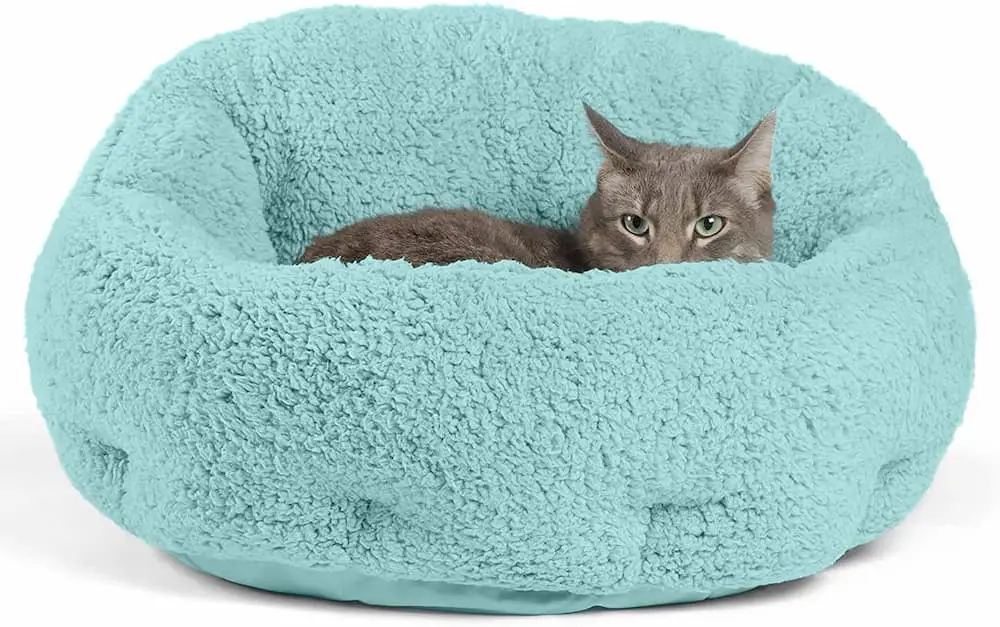
Some visually impaired or blind cats tend to spend more time napping, so a snuggly resting place is essential. This comfortable cat bed is an inexpensive favorite among reviewers and will give felines a cozy, safe haven.
PetFusion Ultimate Cat Scratcher
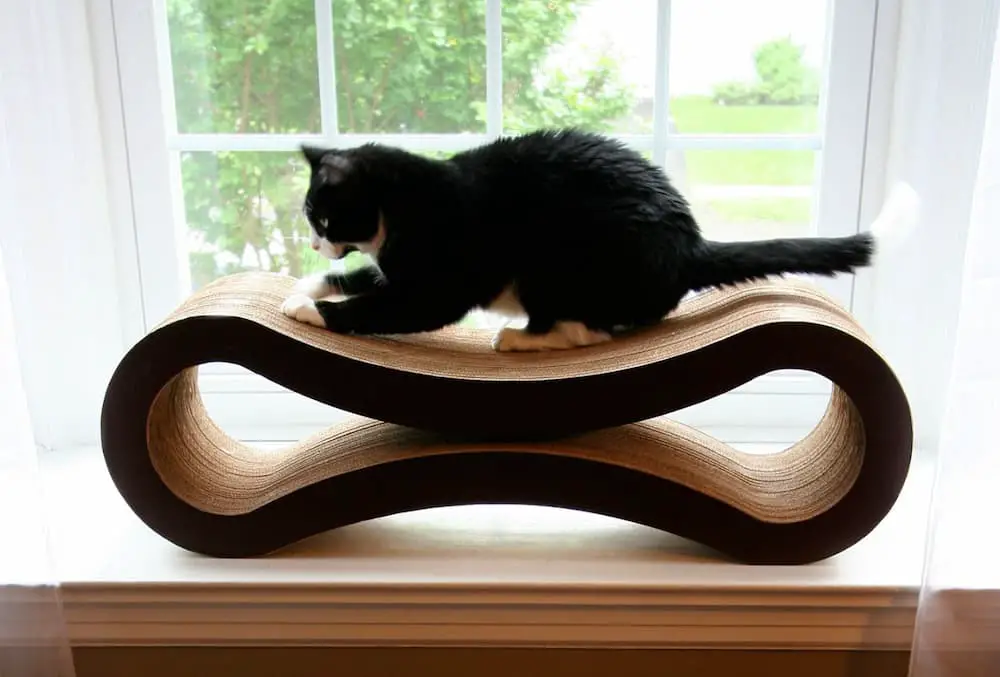
Blind cats need enrichment too! Offering up a scratching toy offers your feline a way to engage their other senses and get some exercise. We recommend this scratcher from PetFusion because it has a clean look and a great shape. Plus, it doubles as a lounger, so when your cat is done scratching, she can take a rest. Keep this scratcher in the same location so it’s easy for your kitty to find it.
The post Guide to Life With a Blind Cat: Tips and Advice appeared first on Great Pet Care.






